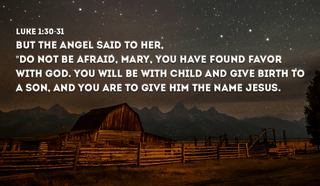
- Recent Translations
- All Translations
Lucas 1:74 Meaning and Commentary
That he would grant unto us
What is said in this and the following verse, is the substance of the promised mercy, covenant, and oath:
that we being delivered out of the hands of our enemies,
as before, in ( Luke 1:71 )
might serve him without fear.
One principal end of deliverance from spiritual enemies by Christ, is the service of God; and nothing lays a greater obligation on men to serve the Lord, and glorify him, than redemption by Christ; nor is there any thing that makes men more zealous of good works: spiritual and evangelical service, in distinction from the legal service, and worship of God, is here meant; since it is said to be "without fear", which the threatenings and curses of the law filled men with; but being delivered from it, they become free from that spirit of bondage unto fear, it genders to; as being delivered also from sin and Satan, they are without fear of hell and damnation; and from the world, they are without fear of men; and from death, they are without fear of that, through which many under the legal dispensation, were all their lifetime subject to bondage. It is a saying of the Jews F25, that:
``greater is he that serves from love, than he that serves from fear.''But such sort of service is not of a man's self, or performed by his own power and strength, but is a "grant" from God, and owing to the influence of his Spirit and grace.
F25 T. Bab. Sota, fol. 31. 1. Vid. Maimon. Hilch. Teshuva, c. 10, sect. 1, 2.

